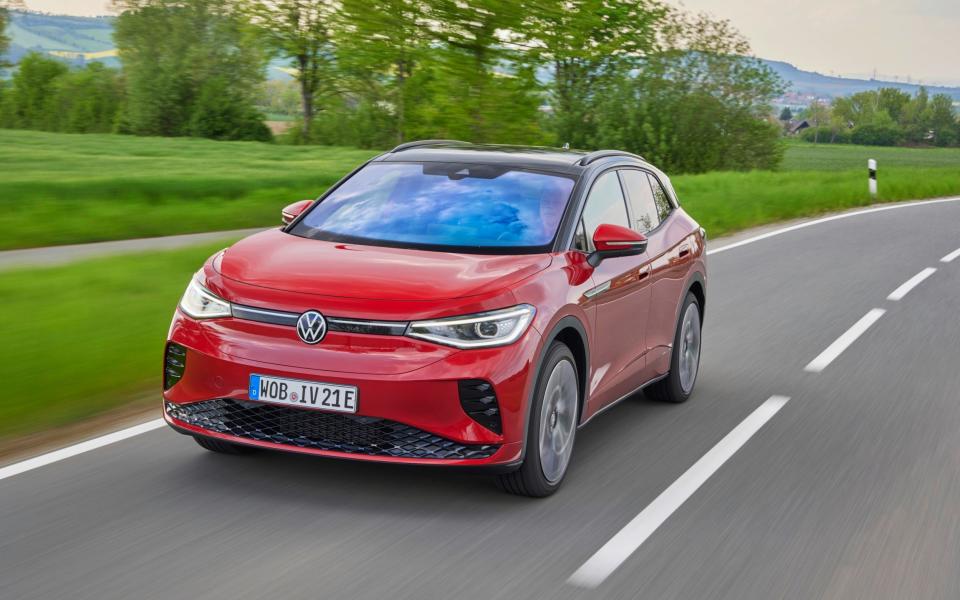Electric cars pull up short of advertised range

Drivers should take advertised electric car ranges with "a pinch of salt", after research found real-world distances were on average almost a fifth lower than manufacturers' figures.
Consumer group Which? tested 60 vehicles ranging from large SUVs to smaller cars and found that they had an average range of 192 miles, compared with 238 miles under the official tests used by manufacturers.
With UK drivers facing a ban on sales of new petrol and diesel cars in 2030, there is growing interest in electric models. But worries about running out of charge, known as range anxiety, is a key concern.
Emily Seymour, sustainability editor at Which?, said: "Overstated fuel economy is something petrol and diesel car drivers will be aware of and we've found the same is true of electric vehicles.
"Our independent tests show electric cars fall an average of 45 miles short of official figures with some cars losing well over 100 miles of their claimed range - a real issue for those planning to travel long distances or people who can't charge at home.
"If you are in the market for an electric car, take the official range with a pinch of salt as it doesn't reflect real-world driving conditions."
There are an estimated 456,000 pure electric cars on UK roads, and the number is growing rapidly. A survey found that 49 per cent of UK drivers looking to buy a car would choose electric.
Manufacturers are legally required to test all electric cars to the same official standard - the Worldwide Harmonised Light Vehicle Test Procedure (WLTP) and publish only these results.
But Which? said it believes the WLTP test "has a strong tendency to overstate the efficiency and subsequent range of electric vehicles (EVs), when compared to our own tests - and that figure can vary significantly".
It said its own tests in labs and on tracks and roads are more rigorous than those of other organisations, with around 500 miles driven in each car.
In the tests carried out by Which?, medium-sized cars managed 151 miles compared with an average official WLTP range of 205 miles, while smaller cars managed 104 miles, compared with an average official range of 128 miles.
When it comes to individual models, the recently updated version of the Polestar 2 dual-motor managed 247 miles, 55 less than its official range.
Volkswagen's ID 4 GTX (2021) managed 193 miles, compared with an official range of 300, while its e-Golf (2014 to 2020) managed 125 miles compared with an official range of 186.
But the BMW iX (2021) bucked the trend, managing two miles further than its official range of 380 miles. The Mercedes-Benz EQV (2020) also did relatively well, managing 202 miles against an official range of 213 miles, while the Audi E-Tron (2019) managed 227 miles against an official range of 241 miles.
Volkswagen said it was unable to comment on the figures as it had not yet seen the report. However, it said that WLTP figures may vary depending on the equipment fitted to each vehicle, while actual ranges would depend on driving style, speed and other factors. Polestar declined to comment.
BMW said: "The published range figures for BMW iX, and all cars sold in the UK, are based on the laboratory-based WLTP test and the real-world range will depend on many factors."
Mike Hawes, chief executive of the Society of Motor Manufacturers and Traders industry group, said: "The WLTP test is regulated by government authorities and it is these results - and only these results - that manufacturers are required by law to publish.
"There will, however, always be a difference between lab tests and real-world use as well as between official and non-official tests where the parameters and methodology may differ."

 Yahoo Finance
Yahoo Finance 